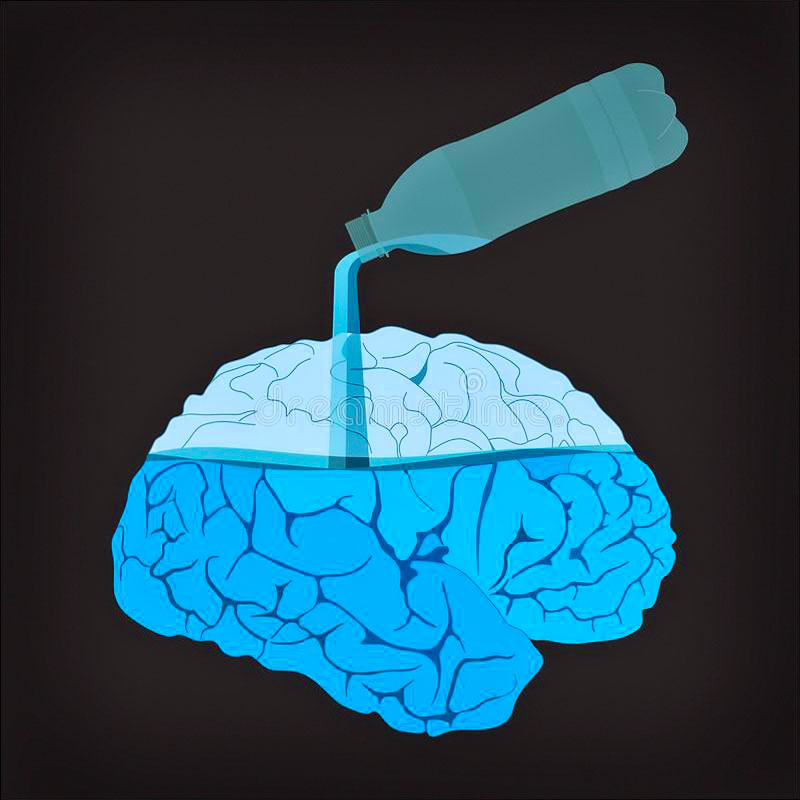Water your brain and your body
Information provided by Harvard Medical School and the Mayo Clinic
“I believe that water is the only drink for a wise man.”
– Henry David Thoreau
An adult human brain contains about 60% water, and to keep the brain healthy, individuals need to keep it hydrated. The adage of drinking eight glasses of water a day does not only help maintain a healthy body, but more importantly, it helps maintain a healthy brain.
When water levels in the brain are too low, cells cannot function properly, leading to dehydration and cognitive problems – including memory loss, poor focus and attention, irritability and headaches. A hydrated brain improves concentration and cognition. It is imperative that older adults take drinking water seriously. Water helps to maintain memory function, and balances moods and emotions.
Water helps keep every system in the body functioning properly, and it carries nutrients and oxygen to cells. It flushes bacteria from the bladder, aids in digestion and prevents constipation. While normalizing blood pressure and stabilizing heartbeat, proper hydration also helps to cushion joints, protect tissue and organs, regulates body temperature and maintains sodium balance in the body.
Warning signs of dehydration include dry mouth, lips and eyes, infrequent urination, low blood pressure, dizziness, confusion, and weakness, and urine that is dark in color.
As people age, water in the body and brain declines with the loss of muscle and gain of fat. Women are often more sensitive to the effects of dehydration, and older women who are more at risk may show signs of poor performance on cognitive tasks related to attention and processing speed. Men may also be affected by lack of water but to a lesser degree than women.
Some things that may contribute to dehydration include alcohol consumption, exercise, high sodium foods, sugary beverages, energy drinks and high concentrations of protein, among others.
How much water should you drink? The answer is not necessarily eight glasses a day. Water intake depends on an individual’s level of activity, age and whether the individual is unwell or recuperating from an illness. A basic guideline is nine cups of water for women and 13 cups for men; half your body weight in ounces is recommended by some. Various fruits and vegetables, like watermelon, cantaloupe, oranges, berries, iceberg lettuce, spinach, broccoli, cucumbers and tomatoes are a good source of water and provide a great alternative for staying hydrated – although none is a substitution for water.
Drink up and toast to a new year of hydrating your body and your brain.
